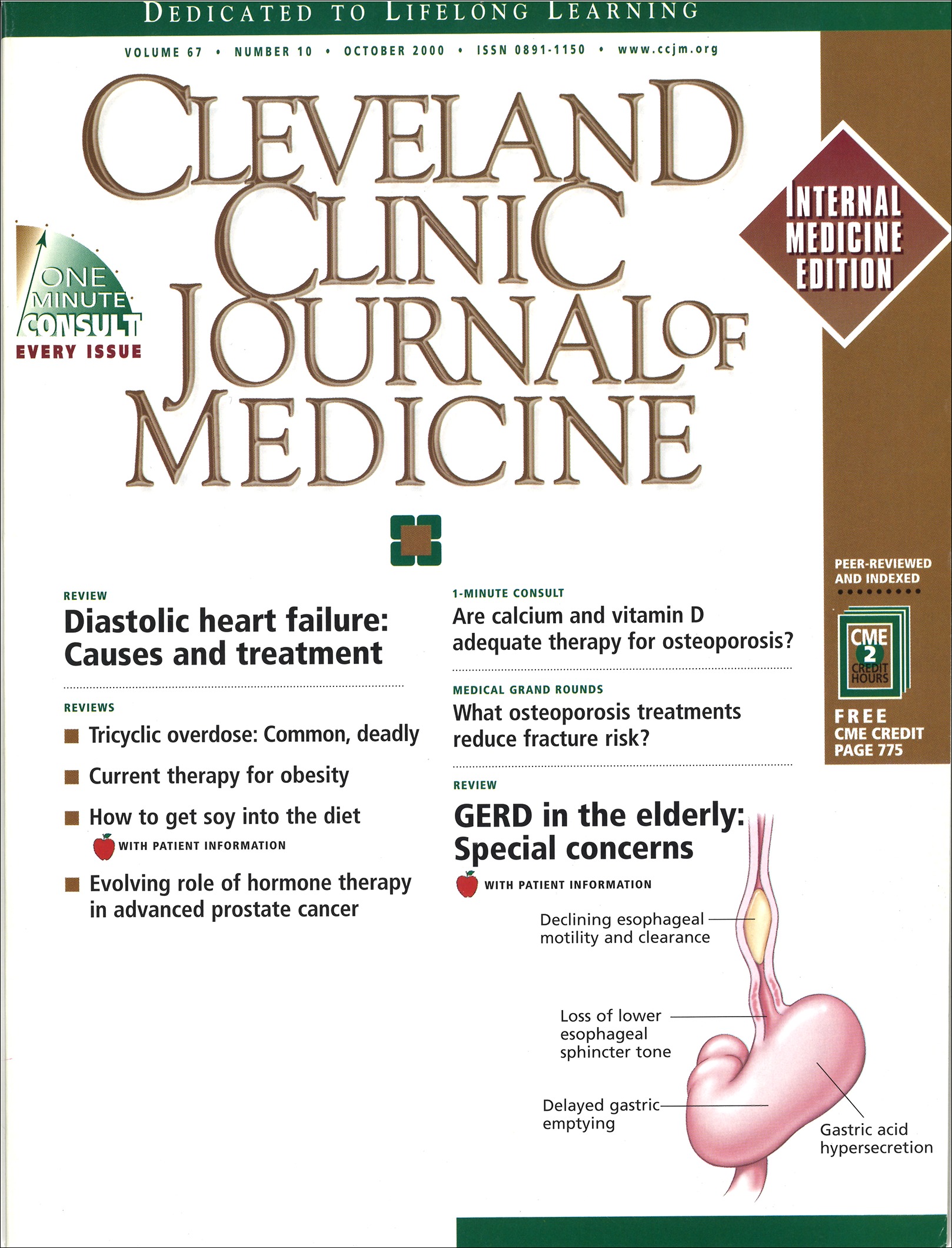

Older adults need more protein in their diet to maintain bone density and muscle mass.

Other calcium supplements include calcium sulfate, calcium phosphate, and calcium lactate, among others.Ĭalcium citrate is slightly easier to absorb than other forms, particularly when stomach acid levels are low. There are two main types of calcium supplements available, including calcium carbonate and calcium citrate. Many supplements include both calcium and vitamin D. If you require a calcium supplement, a doctor might recommend taking vitamin D as well. Provided you follow a doctor’s instructions when taking your calcium supplement, it should be absorbed just as well as calcium from food and drink. Your recommended supplement dose will depend on how much dietary calcium you consume. But, it’s important to note that you should only use calcium supplements if a healthcare professional recommends them. Should you take calcium supplements for osteoporosis?Ĭalcium supplements can be a good option for people who can’t consume enough calcium in their diet: for example, people who are lactose intolerant or vegan. If you’re low on vitamin D, it affects your ability to absorb calcium, and your bones can weaken. Vitamin D also plays a role in bone growth and remodeling. It plays an important role in keeping bones healthy by boosting calcium absorption in the intestinal tract and maintaining calcium blood levels. It’s also produced by the skin during exposure to direct sunlight. Vitamin D is a nutrient found in a handful of foods, including egg yolks, trout, salmon, and mushrooms.

What ’s the connection between calcium and vitamin D? Other foods, such as plant-based milks, cereals, and tofu, are fortified with calcium. However, calcium is also found in some fish products and leafy green vegetables.

The most well-known dietary sources of calcium include dairy products such as milk and cheese. Your body only absorbs less than one-third of the calcium you eat, so it’s important to make sure you’re getting enough. The body cannot make calcium, so it relies on us to provide it through dietary sources. It’s also involved in other bodily functions, such as transmitting nerve signals, releasing hormones, and contracting muscles. Calcium is a mineral that strengthens the bones and teeth.


 0 kommentar(er)
0 kommentar(er)
